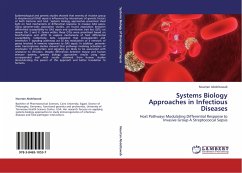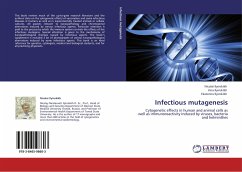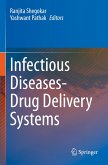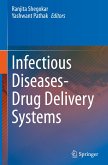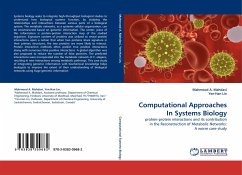Epidemiological and genetic studies showed that severity of invasive group A streptococcal (GAS) sepsis is influenced by interactions of genetic factors of both bacteria and host. Systems biology approaches presented shed light on host mechanisms of differential response to invasive GAS sepsis. Using genome-wide association studies, we found association between differential susceptibility to GAS sepsis and quantitative trait loci (QTL) on mouse Chr 2 and X. Genes within these QTLs were prioritized based on bioinformatics and qPCR to explore mechanisms of host differential susceptibility. Collectively, data suggested that prostaglandin and interleukin 1 signaling pathways act as key modulators of a network of genes involved in immune responses to GAS sepsis. In addition, genome-wide transcriptome studies showed that pathways involving activation of interleukin 10 production and signaling are likely to be associated with resistance to infection. Despite differences between mouse and human immune systems, systems biology approaches results using mice corresponded well with results obtained from human studies demonstrating the power of this approach and better translation to humans.
Hinweis: Dieser Artikel kann nur an eine deutsche Lieferadresse ausgeliefert werden.
Hinweis: Dieser Artikel kann nur an eine deutsche Lieferadresse ausgeliefert werden.

